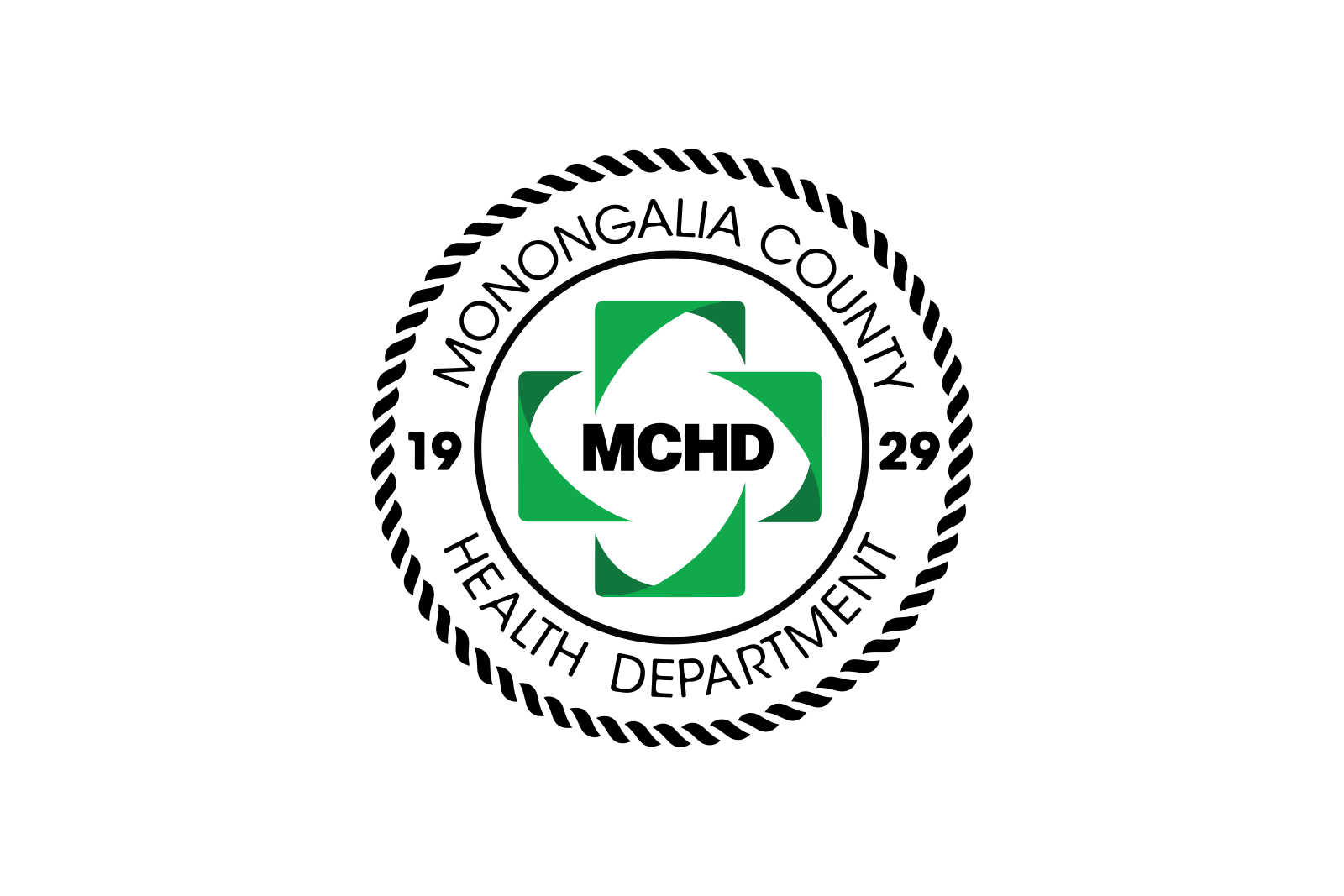A crash course in how to prevent STDs

Apr. 25, 2020
By Matt Cimino
With all the social distancing that’s going on right now, maybe it’s ironic that April is STD Awareness Month.
But even in the midst of a pandemic, we must take care of all aspects of our health, and this is an important one, especially with the explosion of cases of such STDs as chlamydia and gonorrhea, as well as a resurgence of syphilis.
This period of recognition highlights diseases that may seem minor and embarrassing but can cause serious consequences in the long run. It is important to know what is out there so that proper prevention methods can be practiced.
The term STD stands for sexually transmitted disease. They are contracted by having unprotected vaginal, anal or oral sex with someone who already has one. Other common names for STDs are sexually transmitted infections (STIs) or venereal diseases (VDs). They are often asymptomatic, meaning an infected person experiences no symptoms, but can still cause damage to the body.
STDs affect men and women in different ways. Common symptoms in men can include discomfort or pain during urination or sex, rashes or lesions on or around genitalia, discharge and swollen or painful testicles.
Similarly, symptoms with women can also include uncomfortable sex or urination, abnormal skin conditions in or around genitalia or mouth, discharge and itchiness.
If untreated, some STDs can cause cancer in both women and men, and infertility in women.
Here is a breakdown of some of the most common types of STDs:
Chlamydia is reported to be the most common STD in America, according to the Centers for Disease Control and Prevention (CDC). It may quickly spread among communities because there are largely no symptoms. But if left undiagnosed or untreated, chlamydia can lead to frequent urinary tract infections (UTIs), pelvic inflammatory disease and even infertility. There is also the possibility of pregnant women passing it on to the fetus.
Human Papillomavirus, or HPV for short, is spread through intimate sexual or skin contact. The common symptoms of HPV are warts on the genitals and mouth. Some strains of HPV can lead to cervical, oral, vulvar and penile cancers. There is no treatment for the disease, but there is a vaccine. It is important for both girls and boys to get both doses of the vaccine around ages 11-12 in order to reduce the risk of infection and cancers.
Syphilis is a bacterial infection that can often show no symptoms, but is very infectious. A tell-tale sign of this disease is the appearance of small round sores around the mouth or genitals. If left untreated, syphilis can lead to loss of vision, hearing, memory, brain infections, heart disease and even death.
HIV/AIDS is a dangerous disease that can leave your body defenseless to bacteria and other viruses. HIV stands for human immunodeficiency virus. It damages the body’s immune system, and if left untreated, can lead to the condition of AIDS. In this stage of the virus, opportunistic infections can cause serious illness and death. It is very important to receive treatment early with HIV. Symptoms include constant fatigue, flu-like conditions and swollen lymph nodes.
Prevention is the best tool in protecting yourself from STDs. Be sure to wear a condom with every new sex act. If you feel you have been exposed at any point, do not hesitate to get tested. Receiving treatment early is the best way to mitigate the effects of disease. During non-pandemic times, Monongalia County Health Department offers free or low-cost birth control and confidential testing. In the meantime, stay safe by using condoms and limiting your partner to someone you trust.
Matt Cimino is a public information office intern at Monongalia County Health Department.